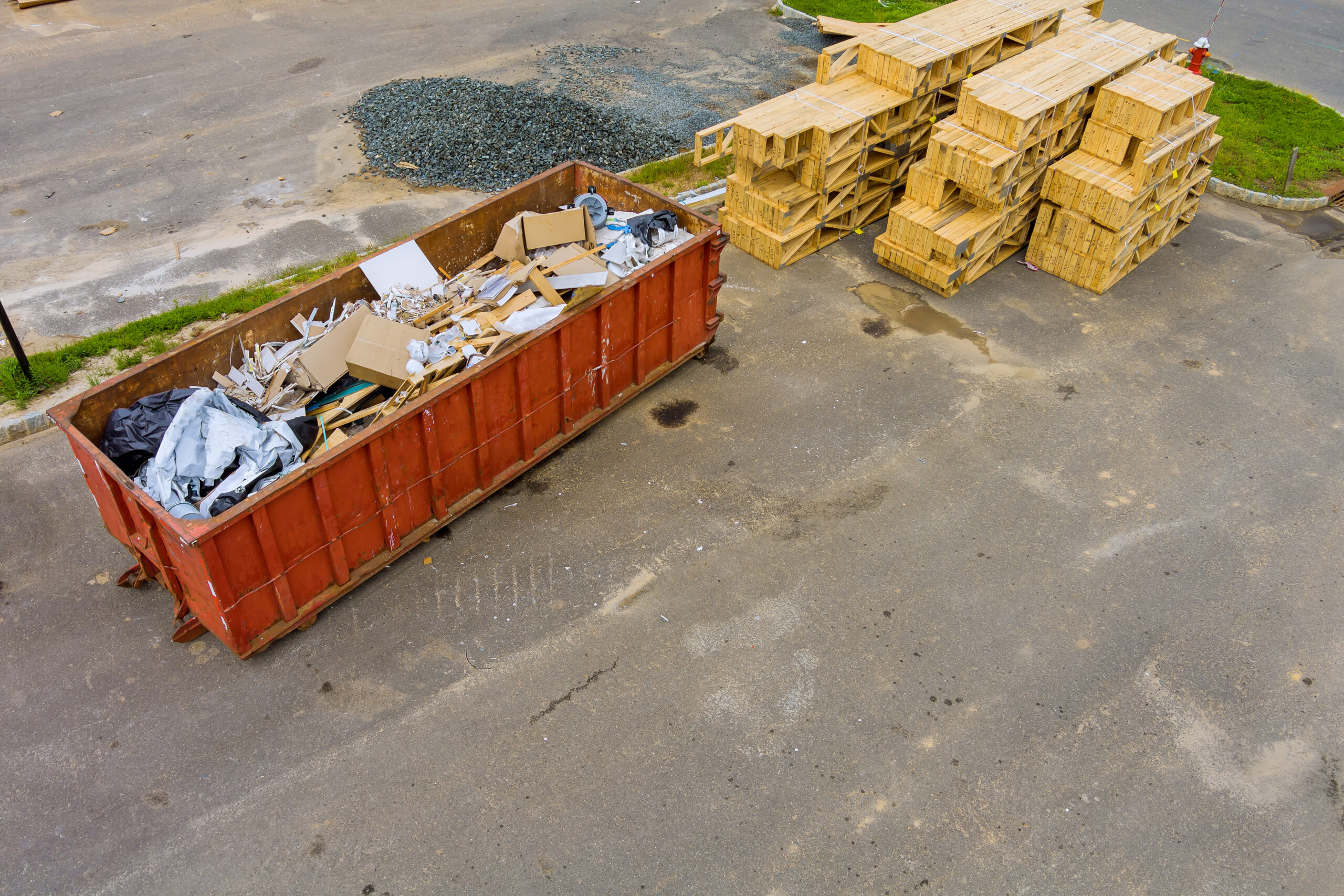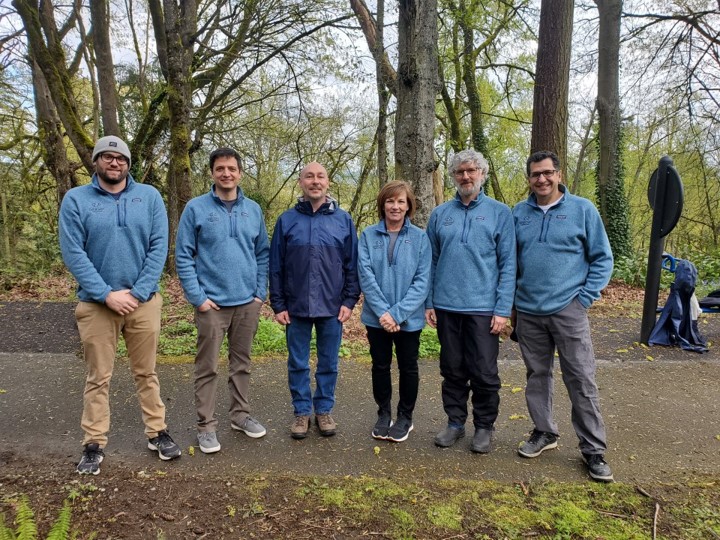25/05/2022
The Future of Integrated Building Solutions
With over 180 million people working in construction around the world, our industry accounts for 13% of the global GDP, making it the largest industry in the world. Unfortunately, the construction industry has lagged from an innovation investment standpoint.
For the most part, this has been grounded in building bespoke products where each building is uniquely designed and customized to meet a customer’s needs. Traditional construction is often complicated and competitive with misaligned contract procurement methods and contractor risk, anchoring the industry from moving forward.
The Industrial Revolution transformed economies by introducing manufacturing and factory systems to improve production over 100 years ago. In 1908, Henry Ford changed the automotive industry forever by introducing the assembly line. With new technology and ways of organizing and delivering work, it made existing industries more efficient and productive. Many other industries have already industrialized, becoming more efficient and systematic. Now, it is construction’s turn to be disrupted, shifting towards industrialized approaches and processes.
The principles of industrialized construction are grounded by bringing a manufacturing mindset forward and using technology to increase speed, reduce risk and achieve scalability across the entire construction value chain. From design-to-manufacturing-to-construction, the process of “productization” is key.
The benefits are substantial and continue to be proven as more projects leverage some or all of the principles. Project schedule certainty produces accelerated schedule deliveries and increased productivity, which means reduced costs. Leveraging manufacturing or fabrication facilities means increased worker safety and eliminating variables like poor weather, unexpected site conditions and misestimated labor allocations.
The construction industry is not the first to encounter lagging productivity and substantial disruption across the value chain. However, we can learn significant lessons from other sectors, including shipbuilding, commercial aircraft manufacturing, agriculture and car manufacturing. Clear patterns of disruption are reasonably evident in all of them where value shifted to those businesses that adjusted the best.
Within just the past three years, investment in innovation within the construction industry has soared to its highest level since records began with many innovators focusing on digitalization and data-driven products and services to replace antiquated manual activities. As a result, the construction industry is starting to experience a similar transformation where the trend is here to stay by embedding manufacturing principles, processes, technologies and new resources, replacing traditional stick-building approaches and techniques.
We are clearly at the front edge of a bold and exciting shift that is accelerating. The economic and cultural benefits are enormous, furthering the need for the construction industry to industrialize and address the colliding forces that render our current trajectory wasteful, inefficient and unsustainable.




